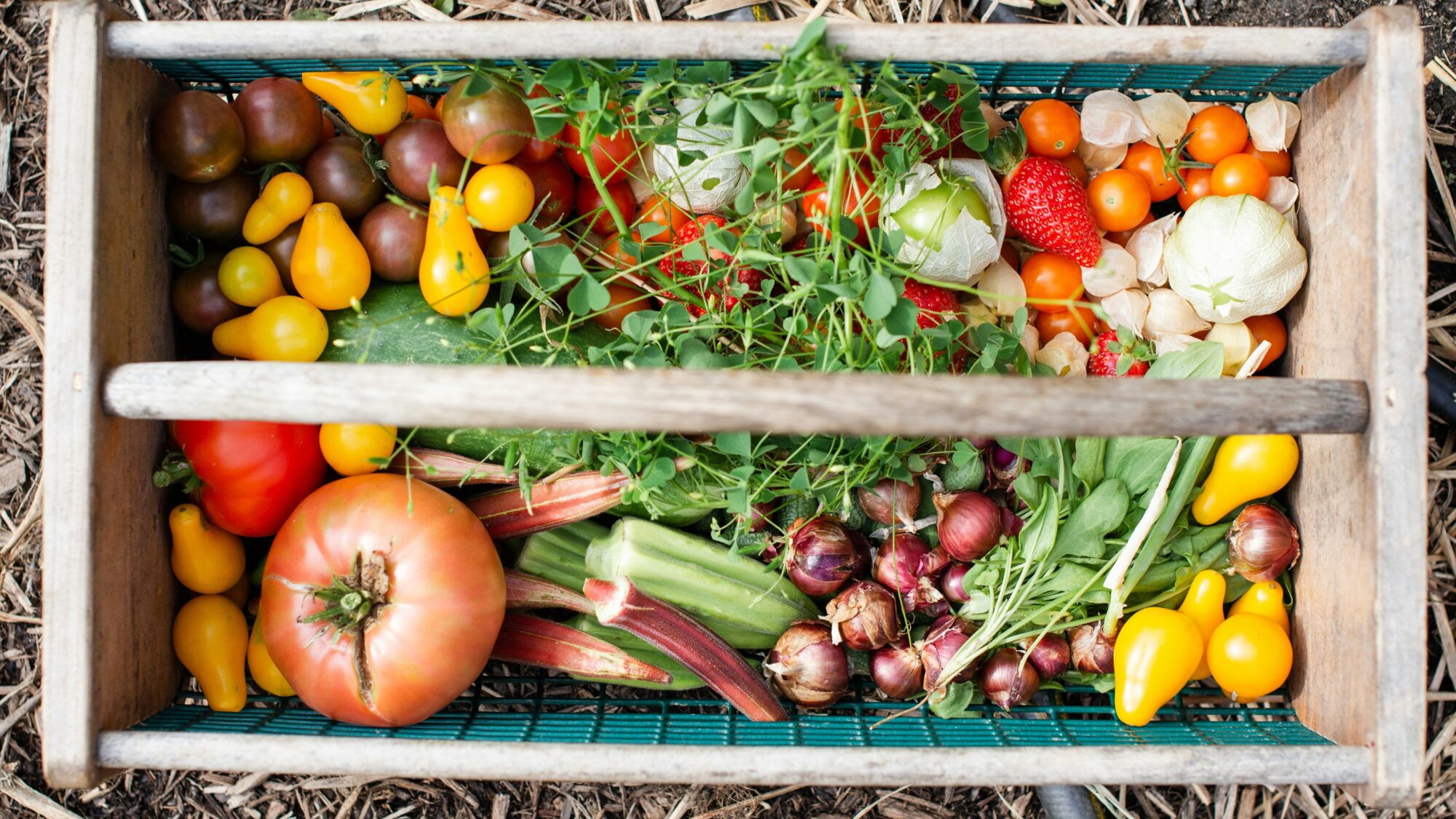Have you ever thought about starting a garden in your backyard, a community space, or even on your balcony? Now is the perfect time to get that green thumb ready, and AMA is here to support and motivate you as you grow your way to horticultural greatness! Here are some reasons to get gardening.
Compost
See your produce come full circle by composting your food scarps and using them to nurture your garden soil! It not only helps the environment, but also supports water retention, helps suppress plant diseases and pests, reduces the need for chemical fertilizers, and supports the growth of beneficial bacteria and fungus that decompose organic materials into soil-healthy humus. To get going, set up a big bin with bedding—newspaper, leaves or straw will work—and add your worms and food scraps for them to eat. Some cities in Alberta, including Edmonton, also offer free compost made from food scraps collected from homes.
Canning
No need to worry about rising grocery costs when you can grow, package and store all your own food—some of it, anyways. Canning extra vegetables from your home garden or turning them into sauces and jams is a great way to ensure you’re not letting any of your home-grown goods go to waste. Be sure to store all your canned goods in a cool, dry place, like a dark basement, to help keep them from perishing.
Nutrition
What better way to get all the nutrients you need than by growing them yourself? By growing your own produce, you’re in control of what you eat, which means you can choose nutrient-rich foods to put on your plate, rather than rely on what’s on the grocery shelf that week. Fresh veggies also retain more nutrients than frozen ones—and they taste much better, too! Plus, all that time outside tending to your veggies will give you a healthy dose of vitamin D from the sun.
Learning Moment (for you and your kids)
Growing a garden is an excellent way to reconnect with where your food comes from—something we’re becoming increasingly disconnected from. Get your kids involved from step 1: show them how to compost their food, plant seeds and nurture a plant as it grows. Take it one step further, and get them involved in the kitchen by cooking up snacks and meals using the fruits, vegetables and herbs they grow.
Have a teacher in your life? AMA’s School Garden Studio is full of information, lessons, and videos on how to start and sustain classroom gardens. By bringing hands-on learning about where our food comes from into schools, we’re helping bridge the food-literacy gap for future generations.
